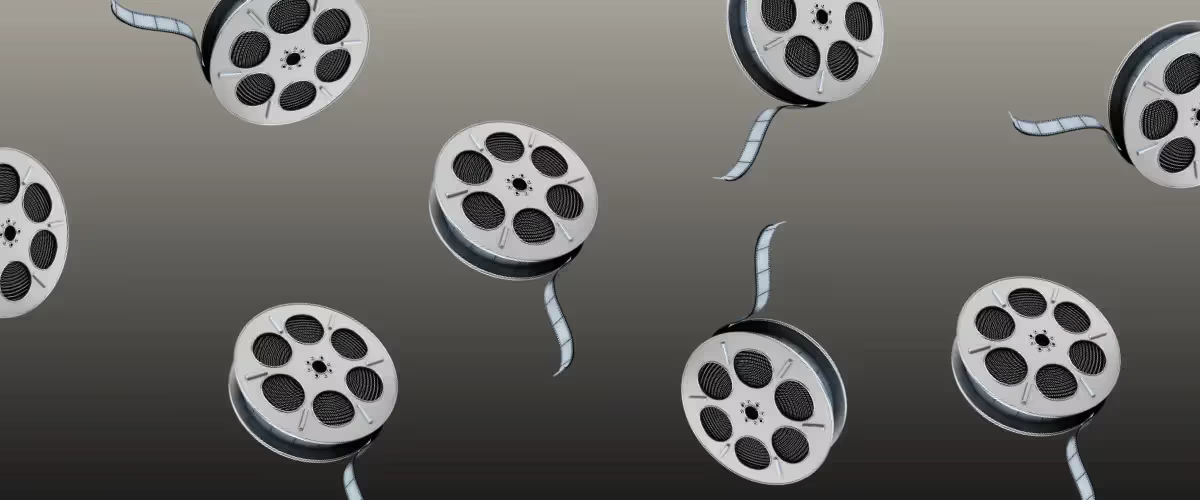A chief goal of advertising is to reach the eyes and ears of as many people as possible. You want your product or service to be known and talked about, and one way you can achieve this is through utilising the power of advertising in film and television.
Whether you like them or not, you can’t escape pre-movie adverts at the cinema. You can try and switch off from the advert or go on your phone before the scary voice tells you to turn it off, but you are inevitably going to be exposed to the information displayed to you.
The reach these adverts get is immeasurable, and if you were to purchase advertising time before the year’s most anticipated films (granted, you’d have to fork out a decent sum of money), then you’re certain to have millions and millions of eyes and ears on the product you’re selling.
On top of that, the money involved in TV advertising here in the UK is massive. A 2022 report by Ofcom found that the revenue from advertising in TV was a whopping £4.7bn (which, in fact, increased from the year before).
If you were to go into utilising cinema or TV advertising, there are a few things to keep in mind to make sure you do it to the best effect, such as:
- Matching your ads with the film or TV show - let’s say you run a sportswear brand; getting your adverts on the halftime slot of the week’s most-anticipated football match is a great way to reach millions. Additionally, if you own a horror-themed clothing brand, displaying your ads before the showing of the latest horror blockbuster would be highly profitable.
- Captivating your audience - there’s absolutely no point in planning a whole campaign for your products or services, then creating your video ad for it and making it boring, forgettable, and something people would rather ignore. Grab the viewers within the first three seconds, and you’re bound to keep them until the end.
But, with the power of advertising in film and TV comes the ability to inadvertently market products and services. Production companies won’t anticipate the effect of a little product placement, but its result can be incredible. Check out a few of our favourite examples below.
Inadvertent Marketing
The Queen’s Gambit - Chess
Even if you’re not the biggest chess fanatic, we can probably guess you watched the hit Netflix series when it was released in 2020. And, if you weren’t interested in playing chess before watching, we’d definitely guess you were itching to sit opposite an opponent and begin the mind games.
The Queen’s Gambit’s impact on the already popular game was immense. The graph below is taken directly from Google Trends if you search the keyword “chess” and shows a two-month period from the start of October 2020 to the end of December that same year.

You can probably guess when The Queen’s Gambit was released, but we’ll tell you that it was on the 23rd of October - basically when the first trend spike began. Now, this period only shows two months, but users across kept talking about the show for a long while.
According to The New York Times, chess-set sales rose 125% in the weeks after the show was released. Whilst Netflix didn’t intend to make the board game any more popular than it already was, they inadvertently drove sales of chess-related products worldwide.
Stranger Things - Dungeons and Dragons
Another incredibly popular Netflix series that mesmerised viewers at the time and has continued to do so ever since its first release.
After the release of episodes 1-7 of the fourth season of Stranger Things on the 27th of May 2022, Google searches for “how to play Dungeons and Dragons” rose a whopping 600%.
People who had never played the game before now wanted to get immersed into the epic fantasy world just like their favourite on-screen characters had done so.
A significantly large chunk of the hit TV series is the likeness to Dungeons and Dragons. All the villains are named after D&D bosses, and we regularly see the main characters sitting down to start their epic skirmish; there’s no wonder why the board game became even more popular after the show’s release.
In fact, a brand-new D&D film hit UK cinemas recently, which was perhaps created due to the resurgence of popularity gained from the game being featured in the Stranger Things TV series.
Game of Thrones - Starbucks
We all remember the blunder that surfaced in the eighth season of Game of Thrones. Clearly, the residents of Winterfell became bored of drinking ale and decided to pop into their local coffee shop for a caffeine-filled, hot beverage.
Funnily enough, this wasn’t meant to happen. The cup was mistakenly left on the set by Conleth Hill, the actor who plays Varys, and the cup isn’t even from Starbucks but rather from a Belfast-based coffee shop, Established Coffee.
Nonetheless, viewers thought they recognised the iconic green mermaid of the Starbucks logo and took to social media to share their reactions.
Even though it wasn’t a Starbucks coffee cup, it was estimated that the Seattle-based chain gained $2.3 billion in free advertising. Whilst people usually talk about Starbucks online on a day-to-day basis, search terms for “Game of Thrones” and “Starbucks” in the same sentence shot up, with an estimated 193,000 mentions in just 48 hours.
Imagine how incredible it would have been if viewers had recognised the logo Established Coffee at first…
Rick and Morty - Szechuan Sauce from McDonald’s
The Szechuan Sauce saga (yes, it was a whole ordeal) lasted for a few months in 2017 and began after season three of Rick and Morty premiered. Rick Sanchez, one of the main characters, decided to make it his life’s mission to taste the delicious flavours of McDonald’s Szechuan sauce again.
McDonald’s recognised this was something massive to capitalise on and announced that the Szechuan sauce would become available again for public consumption on the 7th of October 2017 to help promote the new Buttermilk Chicken Tenders.
But, on the day of the launch, McDonald’s realised they had severely underestimated the hype. Many stores were understocked and became mobbed by feral crowds who caused absolute chaos.
Dan Harmon, a co-creator of the show, addressed the issue and, in an interview with Vulture, stated he “wouldn’t wish that show’s fans on any fast-food restaurant”. He seemed to joke about this, but there must have been some truth there.
In the end, fans definitely were not lovin’ it, and neither was McDonald’s. Sure, McDonald’s gained a lot more exposure (as if they needed any more) from the Rick and Morty episode, but with a very negative effect.
And there we have it. Our quick breakdown of the power of advertising in film and TV and a few examples of good and bad marketing that brands and products inadvertently gained from being shown in films and TV episodes.
Interested in learning more about the latest digital marketing and eCommerce news? Make sure you subscribe to our exclusive newsletter to receive all the juicy news.
We’re also offering FREE audits, so click here to claim yours.
Fin.

















.svg)